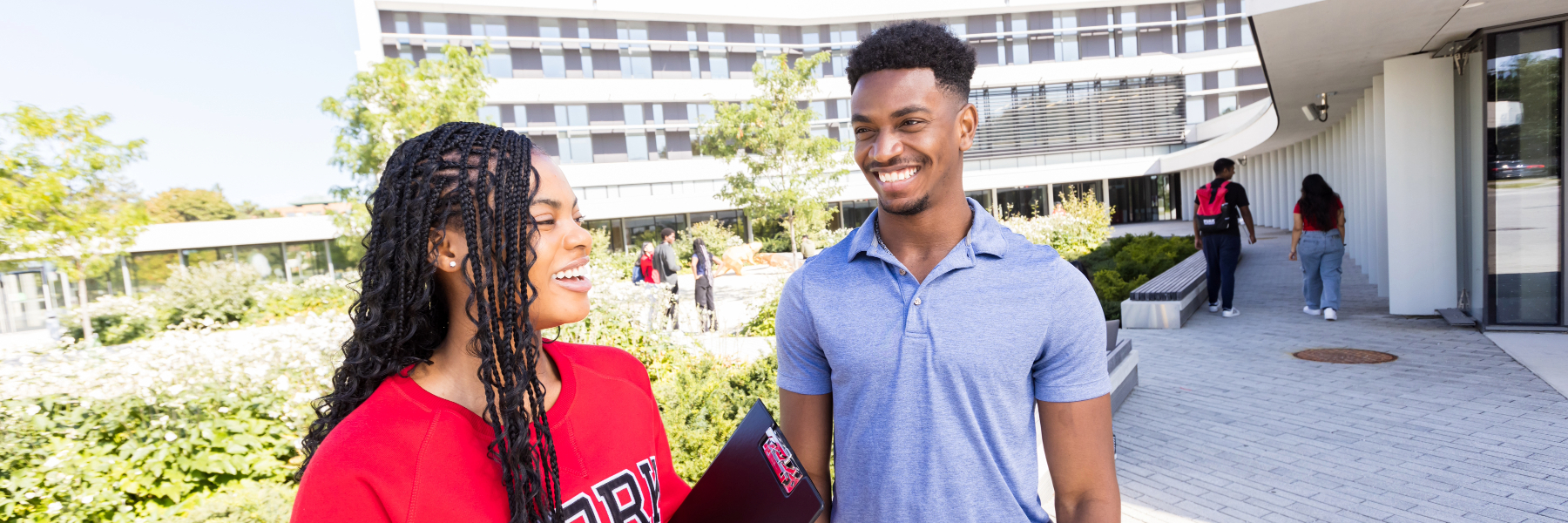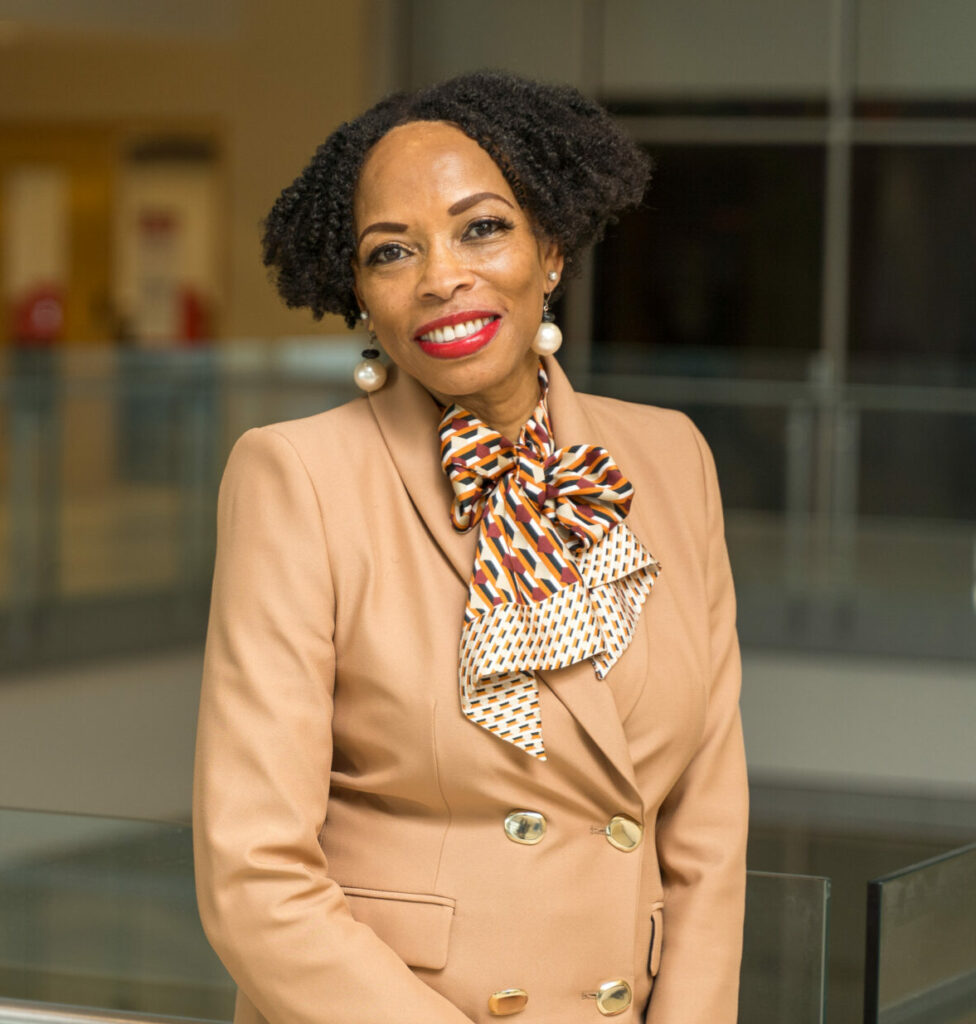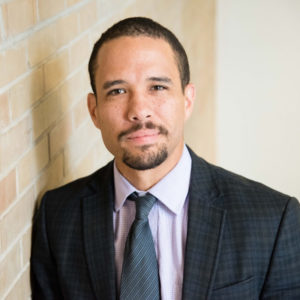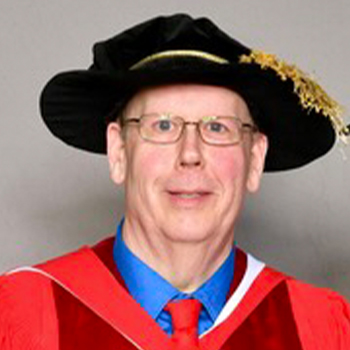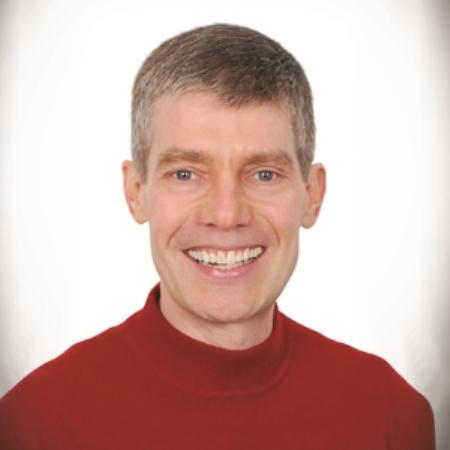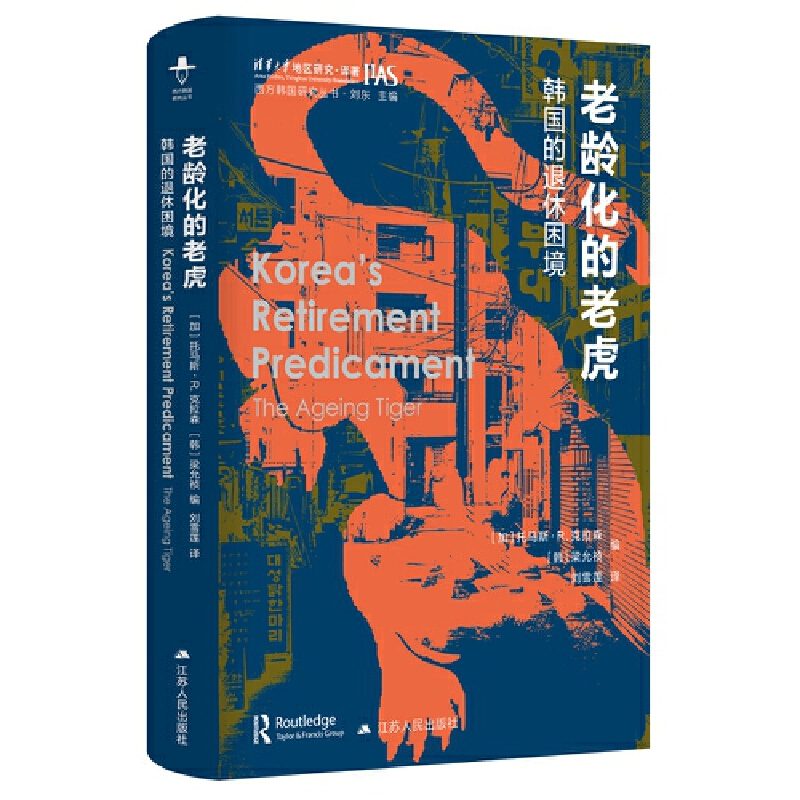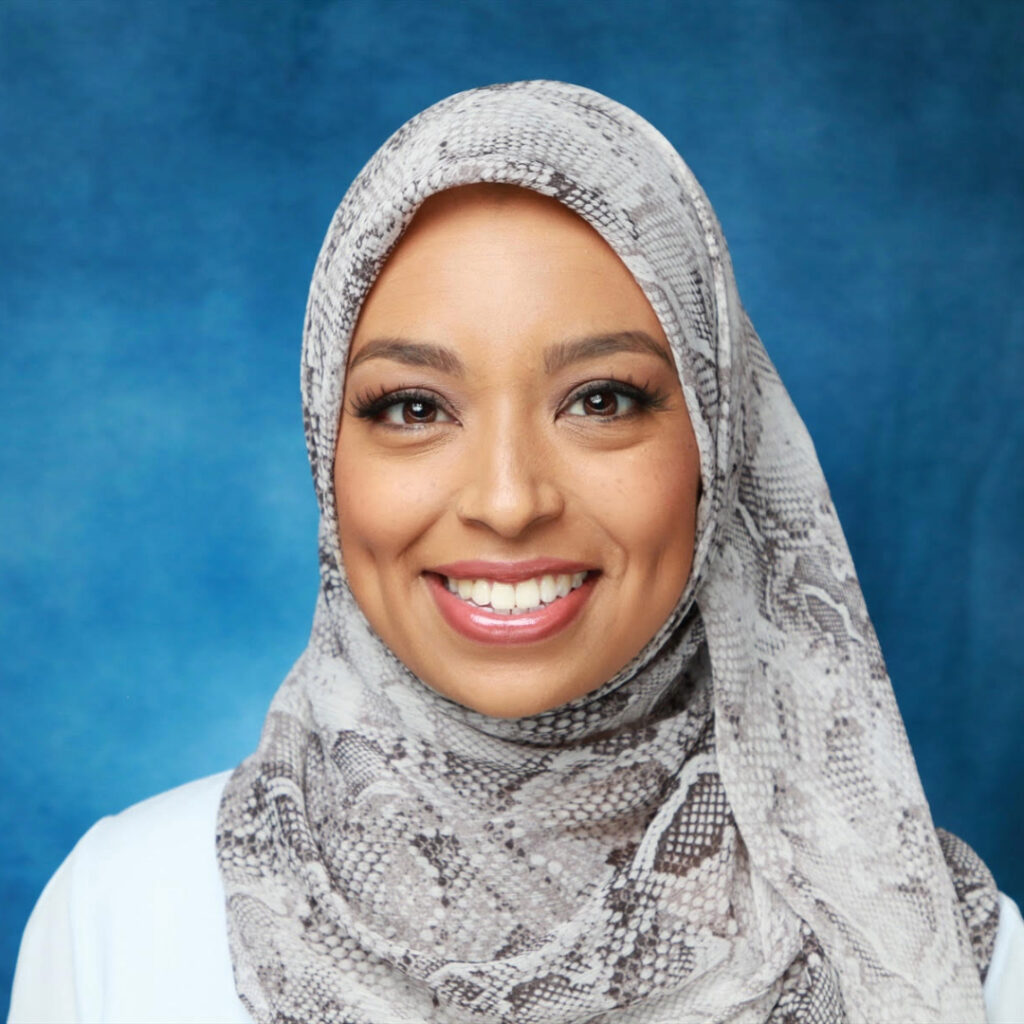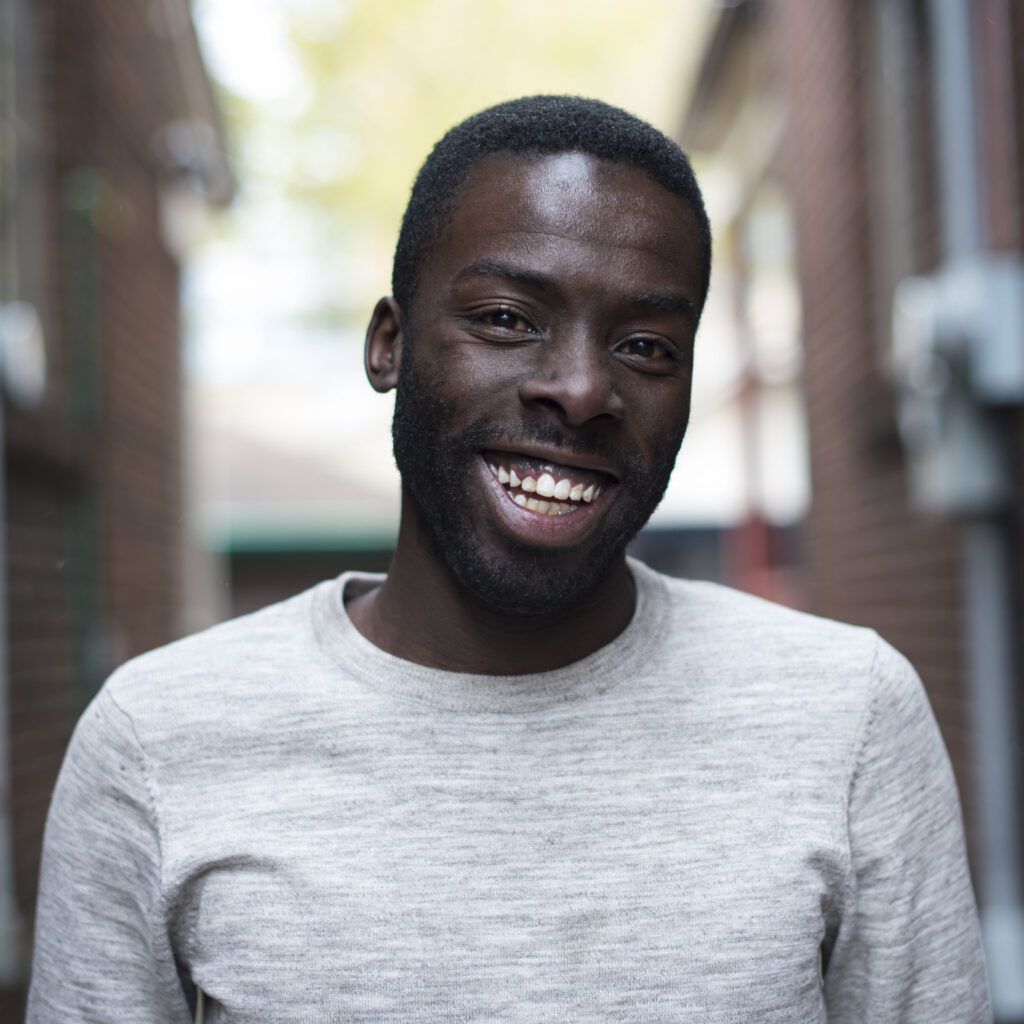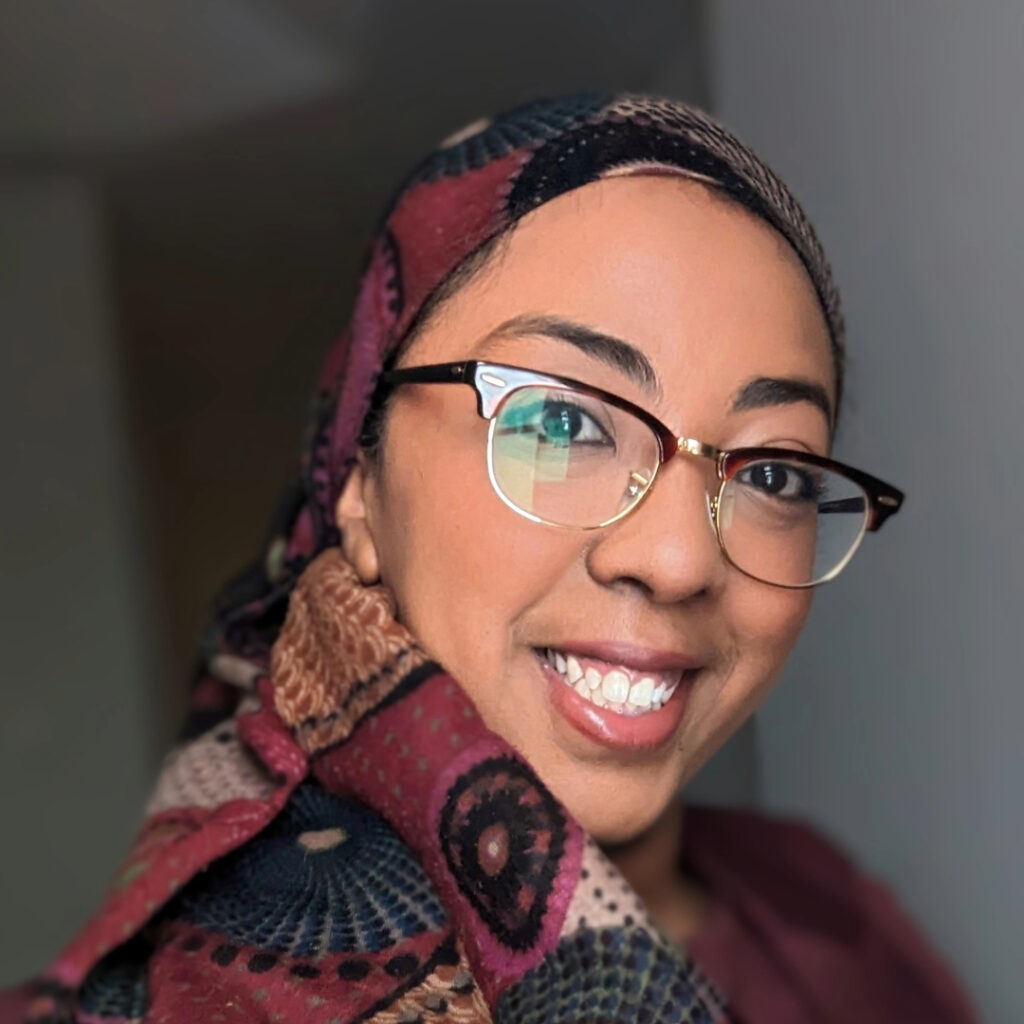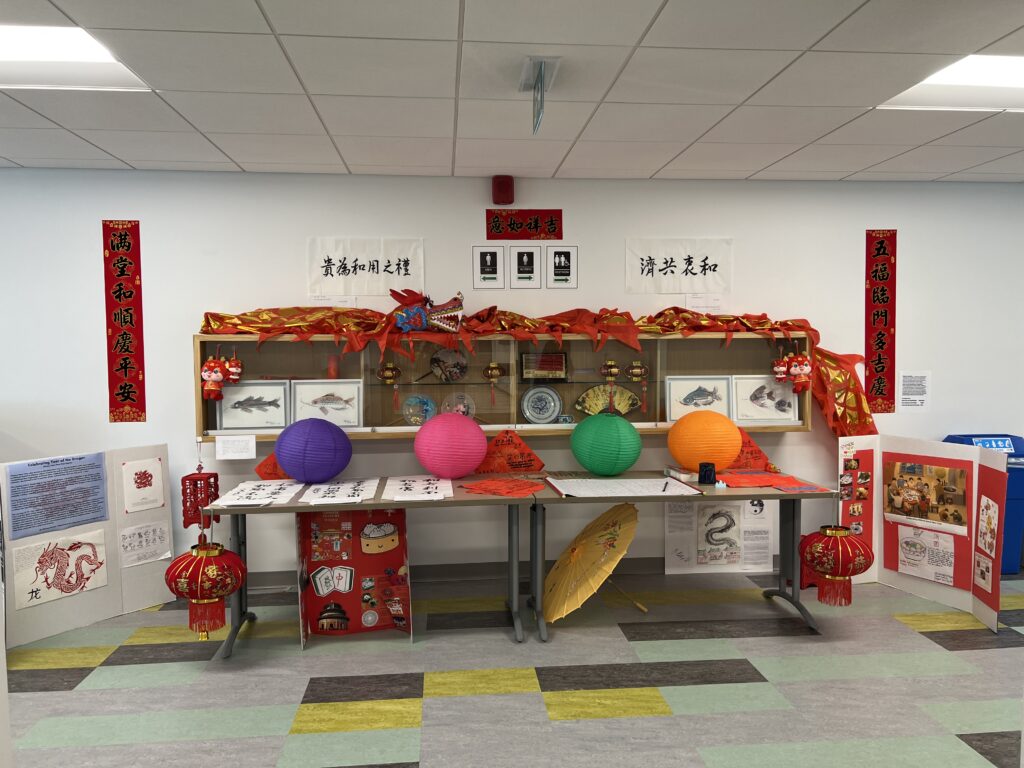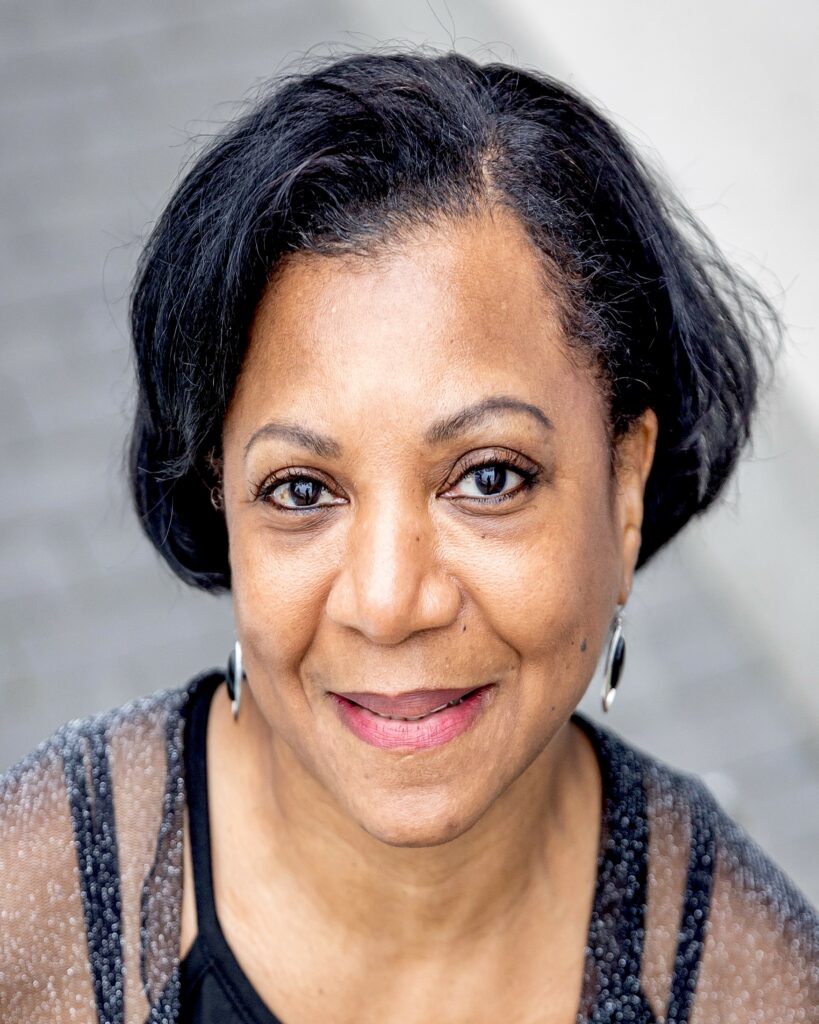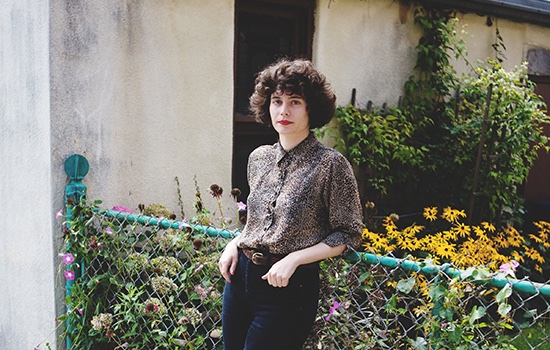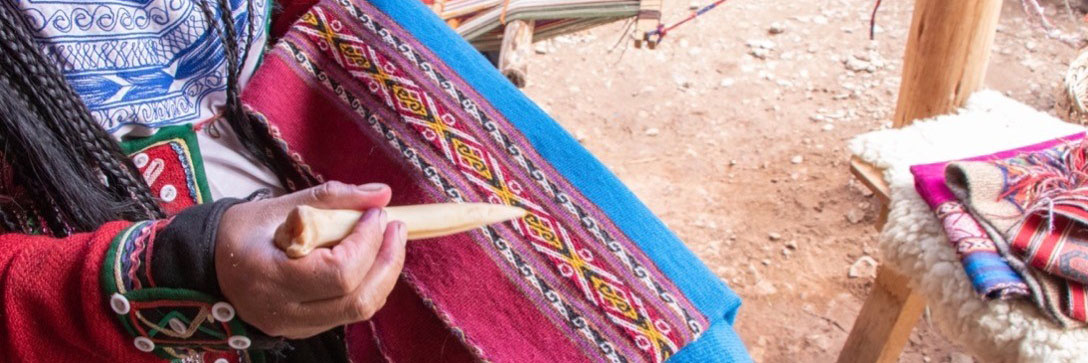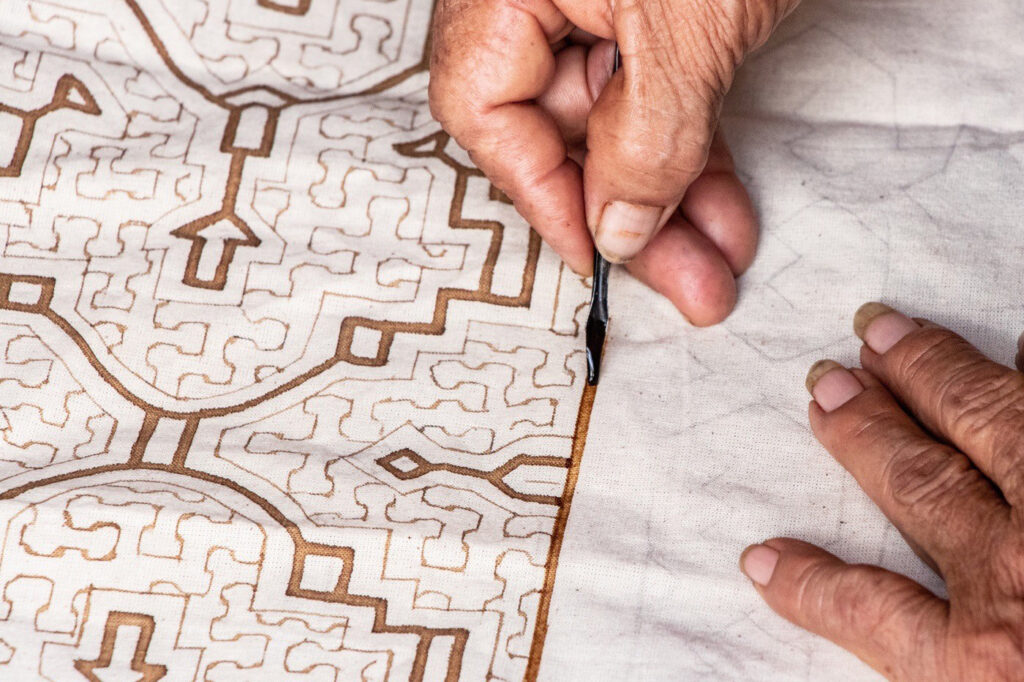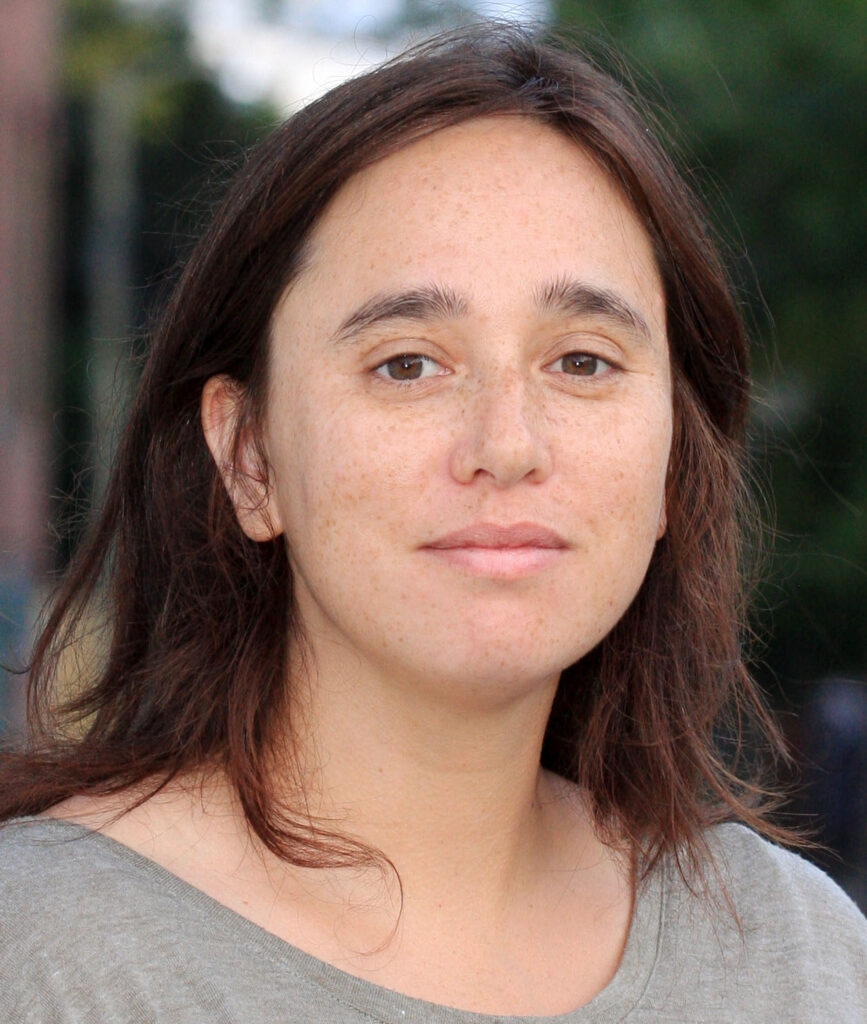York University Professor Emerita Johanna Heather Stuckey, a beloved educator and award-winning author, passed away on Feb. 15 at the age of 90.
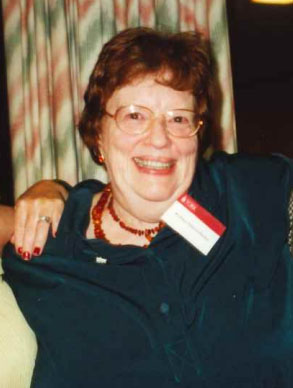
Born in Gananoque, Ont., Stuckey received her BA in English language and literature and her MA in English from the University of Toronto, followed by her PhD in English from Yale University. In 1964, she became one one of the first women hired at York and the first faculty member in the Humanities Division, later earning her membership in the York University Founders Honour Society for her contributions to the University’s early development.
Her original intention was to stay at York for one year, to be involved in the exciting task of setting up the new University, but she came to love York and the rewarding work she was involved in, and ended up staying until her retirement in 2000.
Her students were glad she did.
“In 1983, as an undergraduate student, I had the good fortune to take a course with Professor Johanna H. Stuckey. This course was truly life-changing and career defining,” said Andrea O’Reilly, a professor in the School of Gender, Sexuality & Women’s Studies and co-ordinator of York’s Bridging Program for Women. “Her course gave rise to my passion for Goddess Studies that I have researched and taught over the last 30-plus years. I have returned time and time again to Professor Stuckey’s teaching, and her wisdom continues to inform and inspire my Goddess Studies scholarship.”
Stuckey served in a variety of administrative positions during her time at York: as acting master of Founders College (1972-73), Chair of the Senate Task Force on the Status of Women (1972-75), vice-chair of the York University Faculty Association (1973-74), Chair of the Division of Humanities (1974-79), advisor to the president on the status of women (1981-85) and co-ordinator of the Women’s Studies Program (1986-89).
She also contributed to the York community in many philanthropic ways, as a founding member of York’s White Rose Legacy Circle – a society of more than 220 living donors who have made a future gift to the University – and by supportiung the Johanna H. Stuckey Graduate Bursary in Gender, Feminist and Women’s Studies; the Enrica Jemma Glickman Award and the Nellie Langford Rowell Library.
Stuckey’s research interests included cultural studies, history, feminist theology, women and religion, and especially ancient near eastern goddesses, and she published widely in numerous book chapters and journal articles. A February 2021 YFile story announced the release of what would be her last book, A Handbook of Gods and Goddesses of the Ancient Near East: Three Thousand Deities of Anatolia, Syria, Israel, Sumer, Babylonia, Assyria, and Elam (Eisenbrauns Press, 2021), co-written in her late 80s with the late University of Toronto Professor Douglas R. Frayne and earning them the 2022 Prose Award from the Association of American Publishers.
The late professor emerita received numerous awards for her accomplishments in teaching and research over the course of her career, but arguably her greatest achievement was the lasting impact she had on her students.
“Her lectures read like stories, and I was always enchanted by her words,” said Sheila Cavanagh, a professor in York’s Department of Sociology, Faculty of Liberal Arts & Professional Studies, who took a course taught by Stuckey in the late ’80s. “Her feminist analysis and critique was always developed in a thoughtful and magical way. She had us read about Adam and Eve and said something like this: ‘All women must eat from the tree of forbidden knowledge if we are to survive and thrive.’
“I cannot think of another, better quote, to summarize her incredible contributions to knowledge and feminist studies at York University,” she said.



